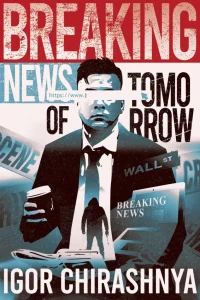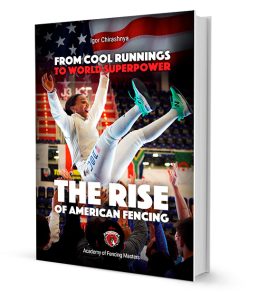In a competition in Washington DC, I witnessed a situation that immediately prompted me to write a post about it. Unfortunately, this is all too common in our sport, and I've never seen a competition without it. However, this time, the girl put it so eloquently in her...













